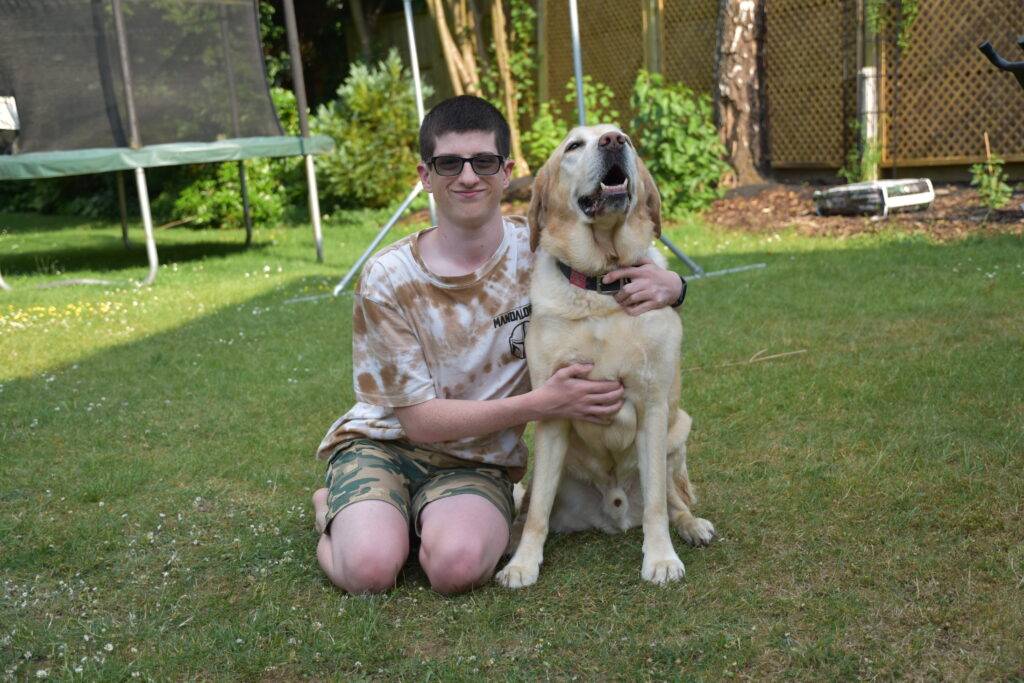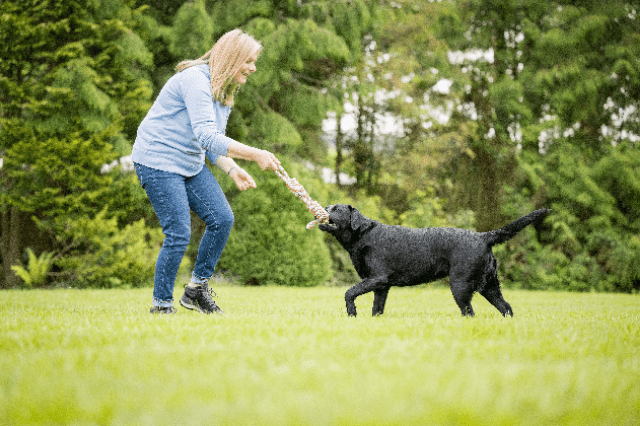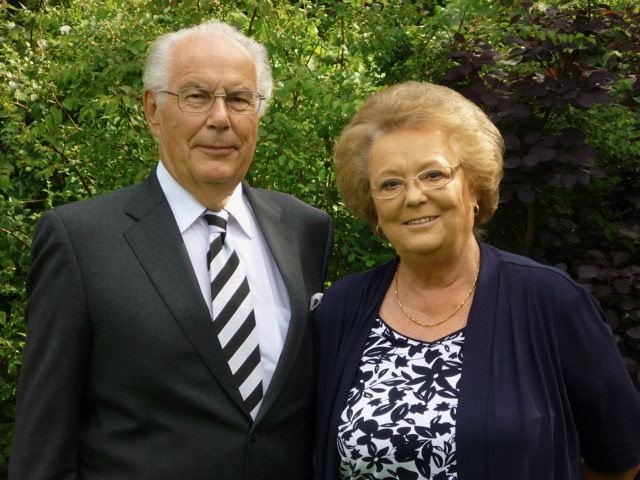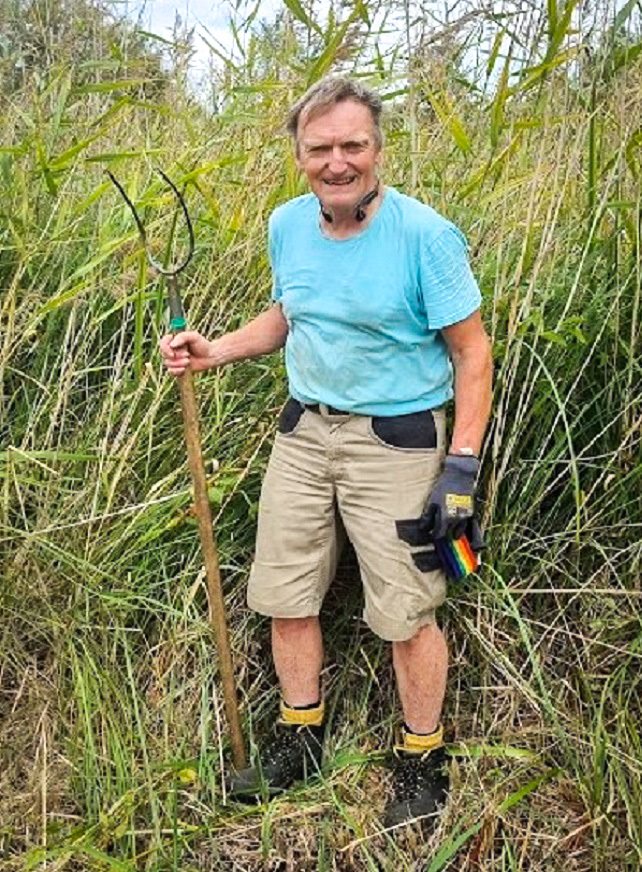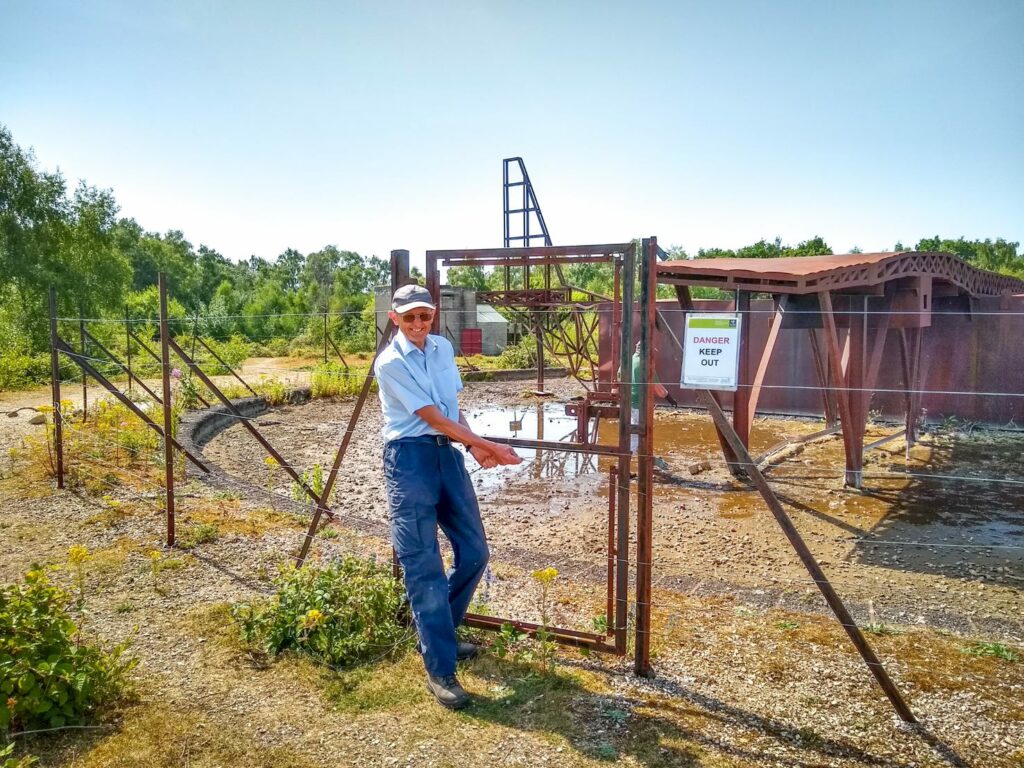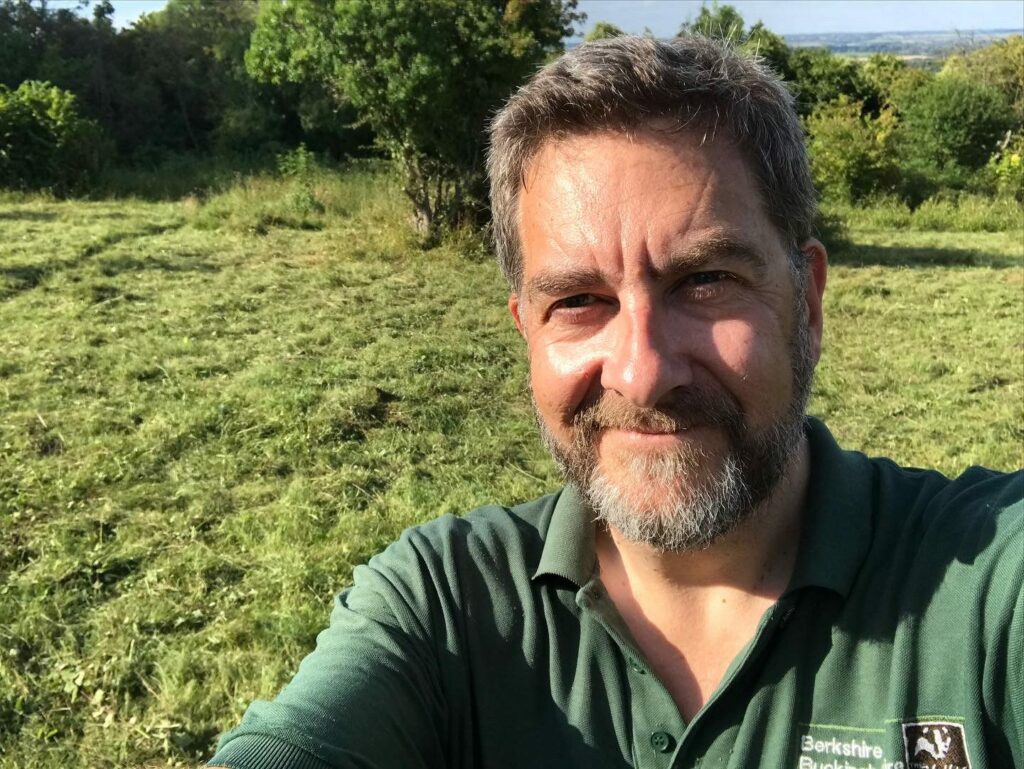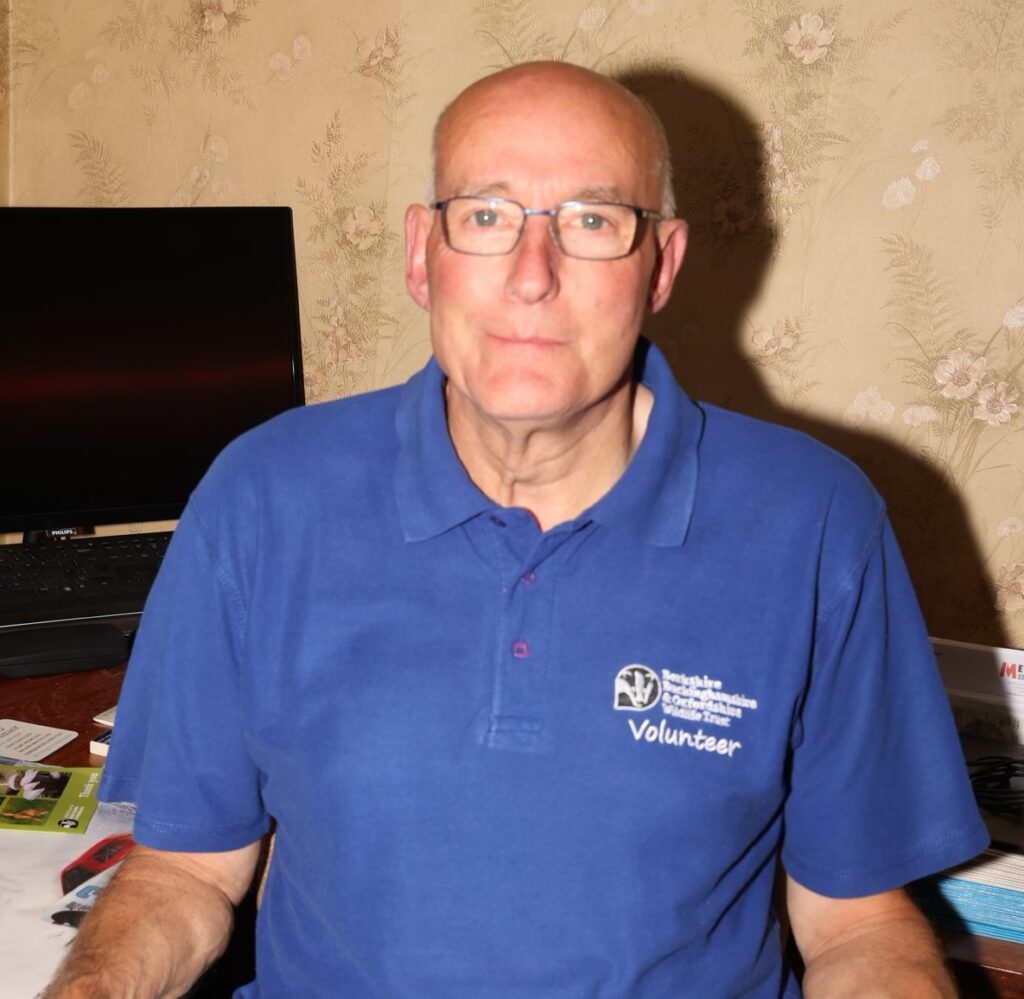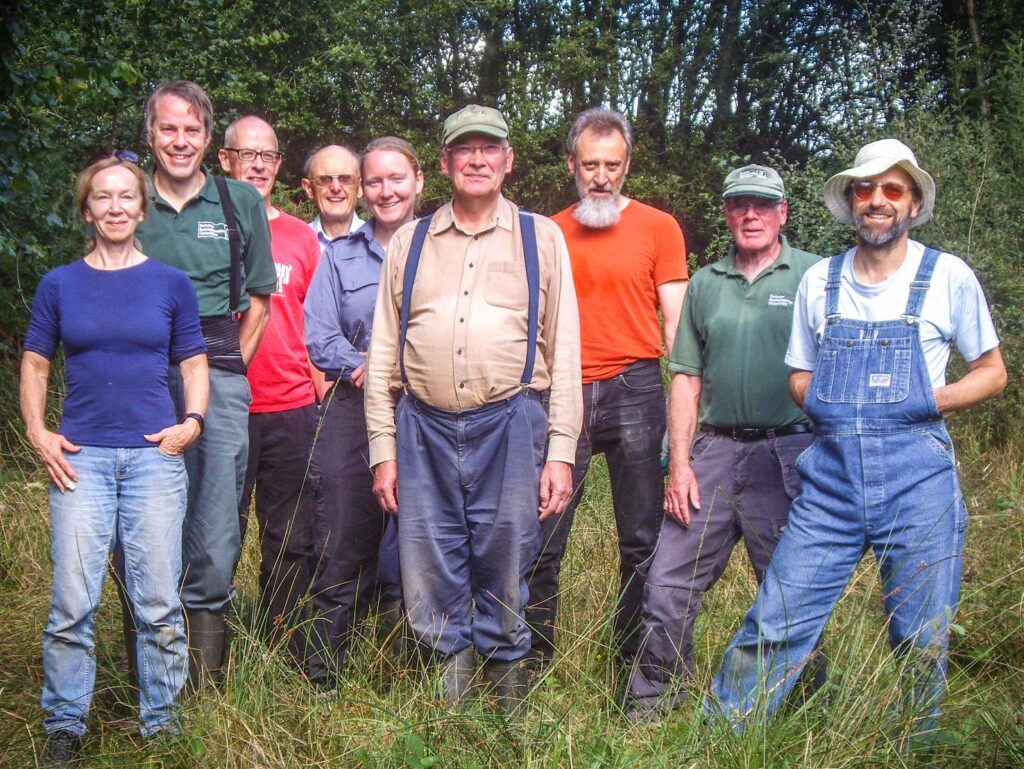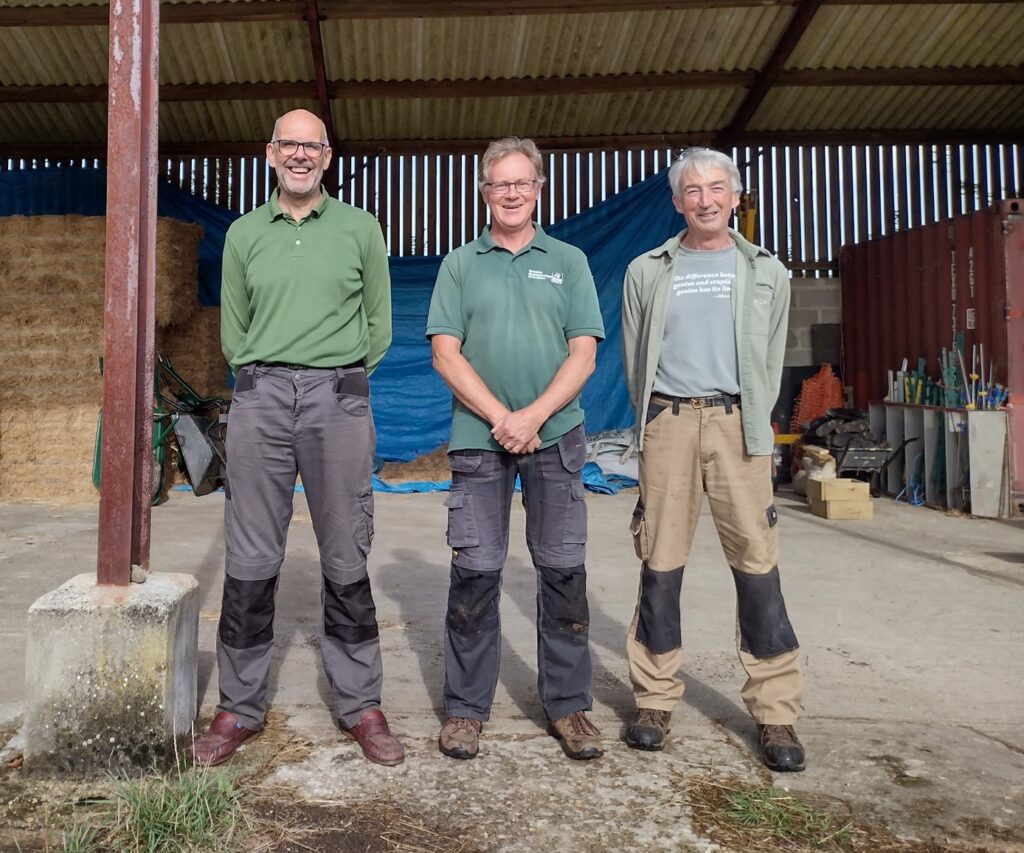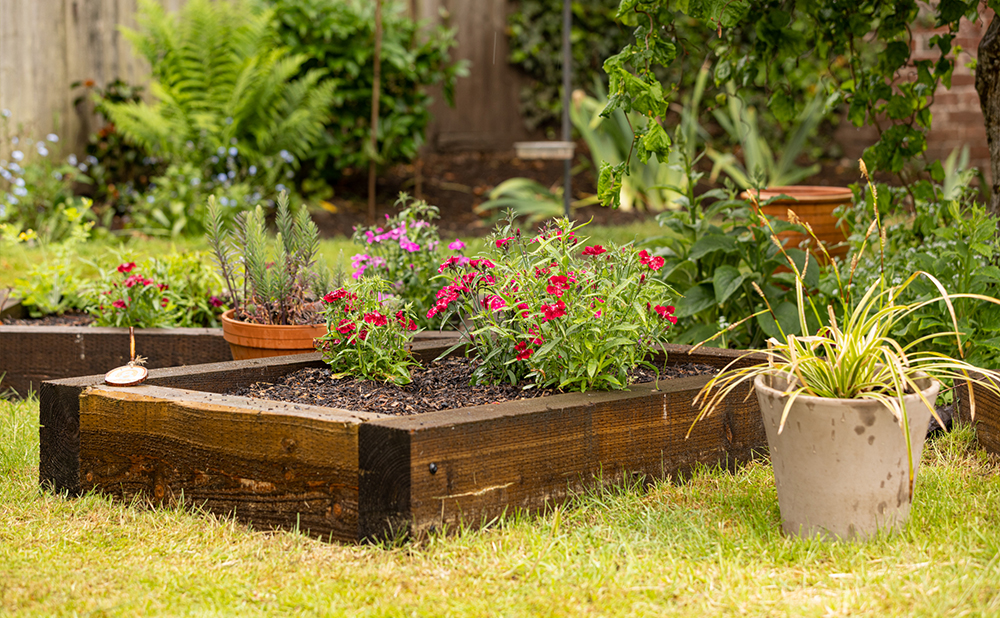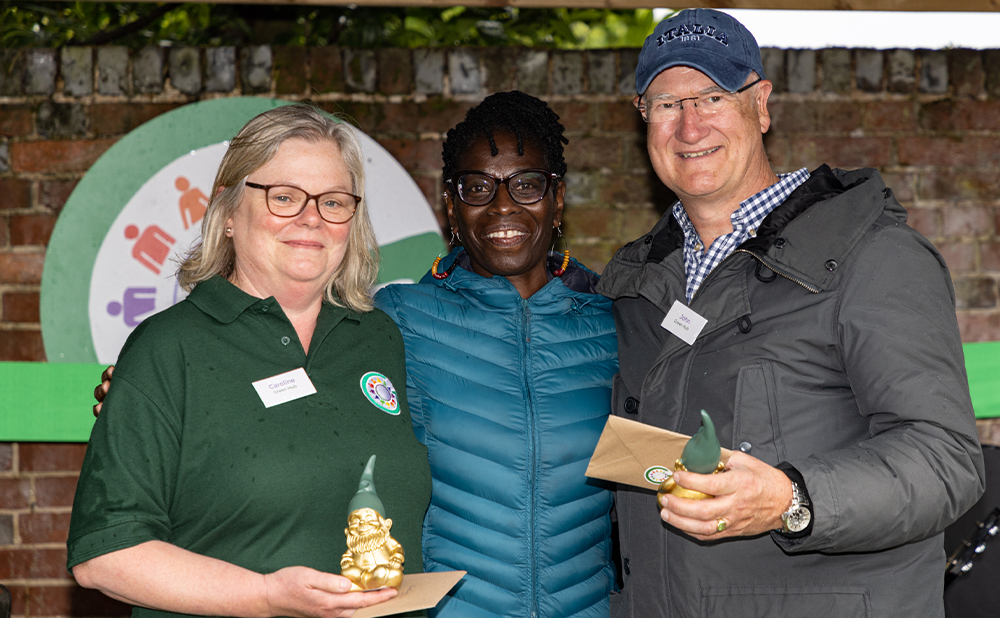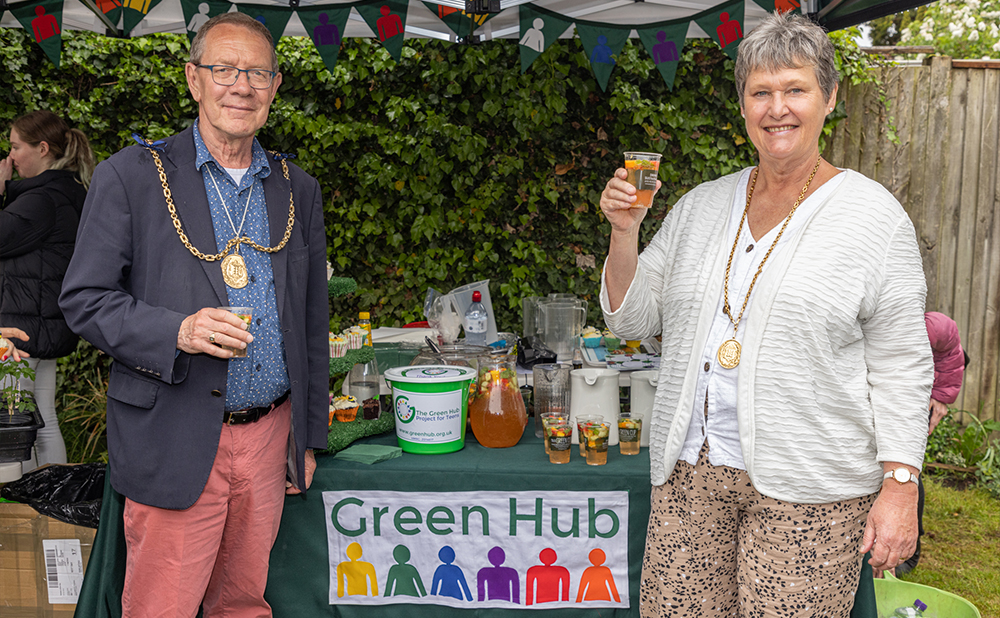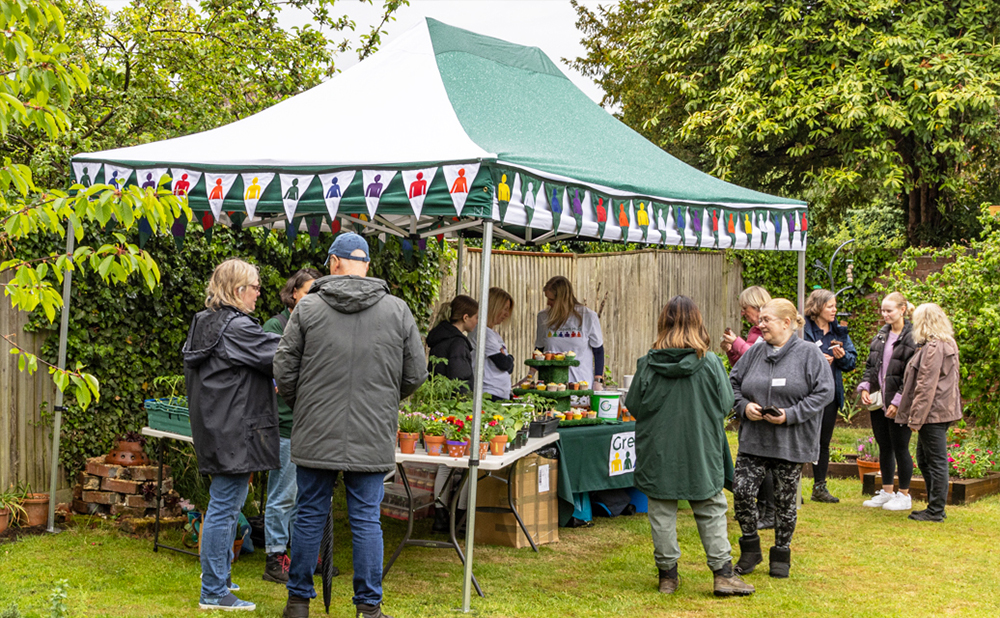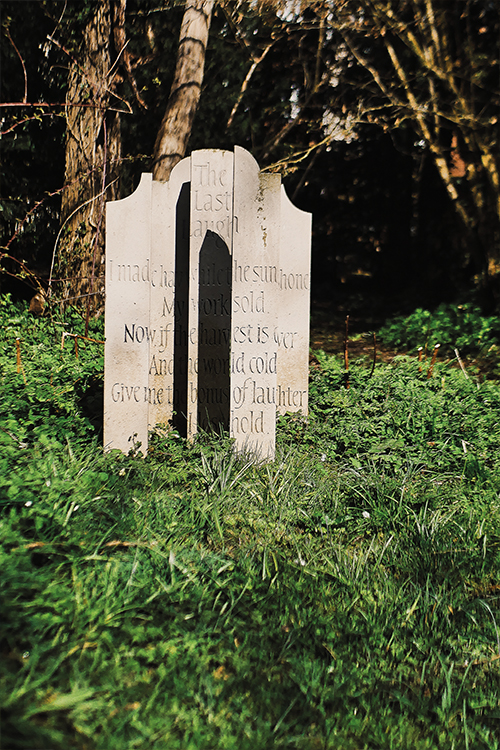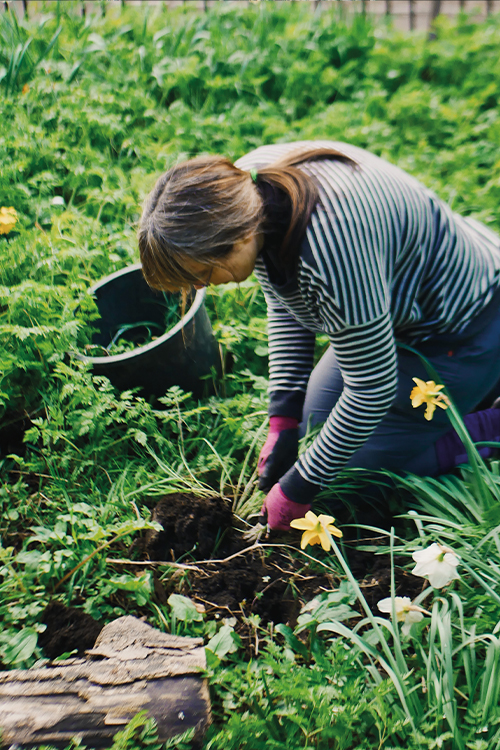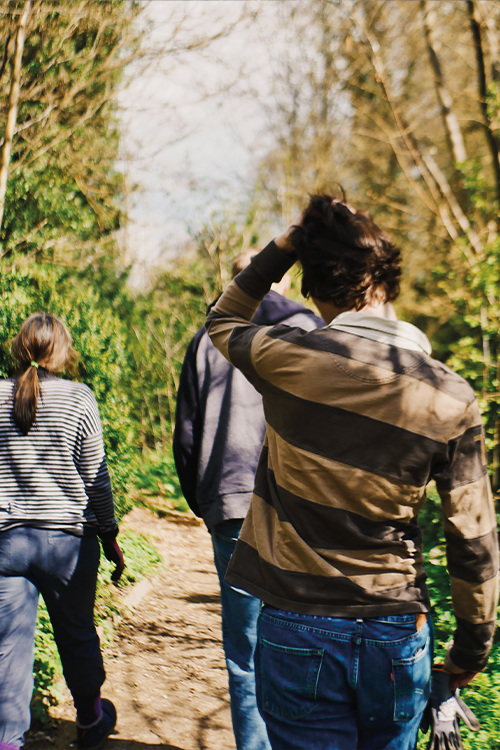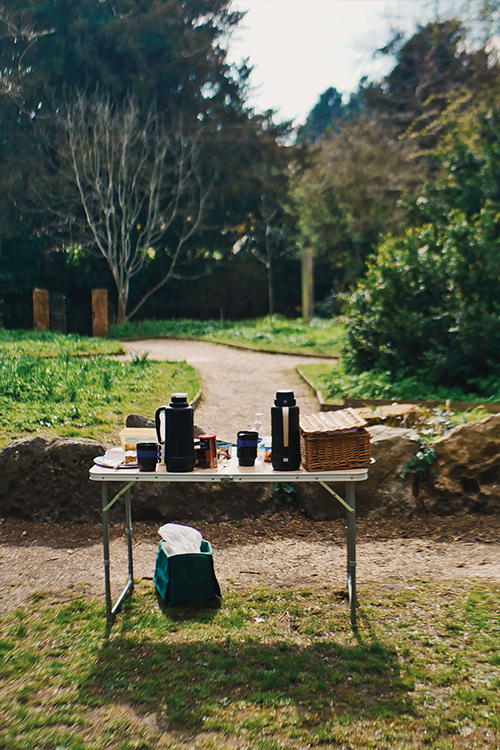Stowe Gardens is the UK’s official host for the British D-Day 80 memorial exhibition For Your Tomorrow. You could help by volunteering.
A memorial installation to soldiers killed in the D Day landing on 6th June 1944 is heading to Stowe, the UK’s official host of the commemoration, for exhibition in October.
Open to the public from 1st October to 11th November, the large-scale art installation consists of 1,475 silhouettes of Second World War military personnel.
For Your Tomorrow – the People’s Tribute was created by community artist, Dan Barton with the number of figures in the display representing the number of fatalities under British command on 6th June 1944. The work is currently installed at the British Normandy Memorial in Ver-sur-mer, France where it will remain over the summer before coming to Stowe.
Tanya Brittain, general manager of the National Trust gardens at Stowe says: “It’s an honour to be chosen as the official UK host location for the British D-Day 80 memorial exhibition, For Your Tomorrow – the People’s Tribute.
“This September will be opportunity to remember family, friends and colleagues lost in conflict situations over the past 80 years. Stowe has a rich military history and we look forward to welcoming visitors this autumn to experience this poignant outdoor art installation against the stunning backdrop of the Stowe’s historic Landscape Gardens.
“The 18th-century landscape garden at Stowe is well known for its many historic buildings and statues and has also featured in many well-known films and TV series. The Capability Brown designed landscape is renowned for its precise placement of eye-catching monuments to create the picture-perfect view. Its beautiful avenues, temples and lakes will provide an impressive outdoor gallery space and backdrop for this celebrated artwork.”
The silhouettes are designed to represent the military personnel from all major services but in addition, two bespoke figures of nurses have been included. They are of Sister Mollie Evershed and Sister Dorothy Field who died while helping to save 75 men from the hospital ship SS Amsterdam which sank off the Normandy beaches on 7th August 1944.
Both were given posthumous commendation for their actions and are the only two women commemorated on the British Normandy Memorial.
Artist Dan Barton has delivered several impactful military-based displays since founding Oxfordshire-based charity Standing with Giants. The life-size figures are constructed entirely by volunteers, using recycled building materials and create meaningful spaces for people to visit and reflect.
“Our ethos at Standing with Giants is to value life, to understand and appreciate why we have our freedom, and to remember and pay tribute to those who have fallen so we can live the lives we have today. Using outdoor art is a great way to do this.” Said Standing with Giants Founder, Dan Barton.
A small section of the installation was seen at Stowe last year when 200 of the silhouettes were displayed at before joining the rest of the figures in Normandy for the D-Day 80 commemorations in June this year. September will be the first time the full size installation has been seen in the UK.
The full installation weighs in excess of 30 tonnes and will take around 15 days to set-up with the help of 30 volunteers each day. The Trust is looking for people to be involved – if you would like to get involved as a volunteer contact [email protected].
















